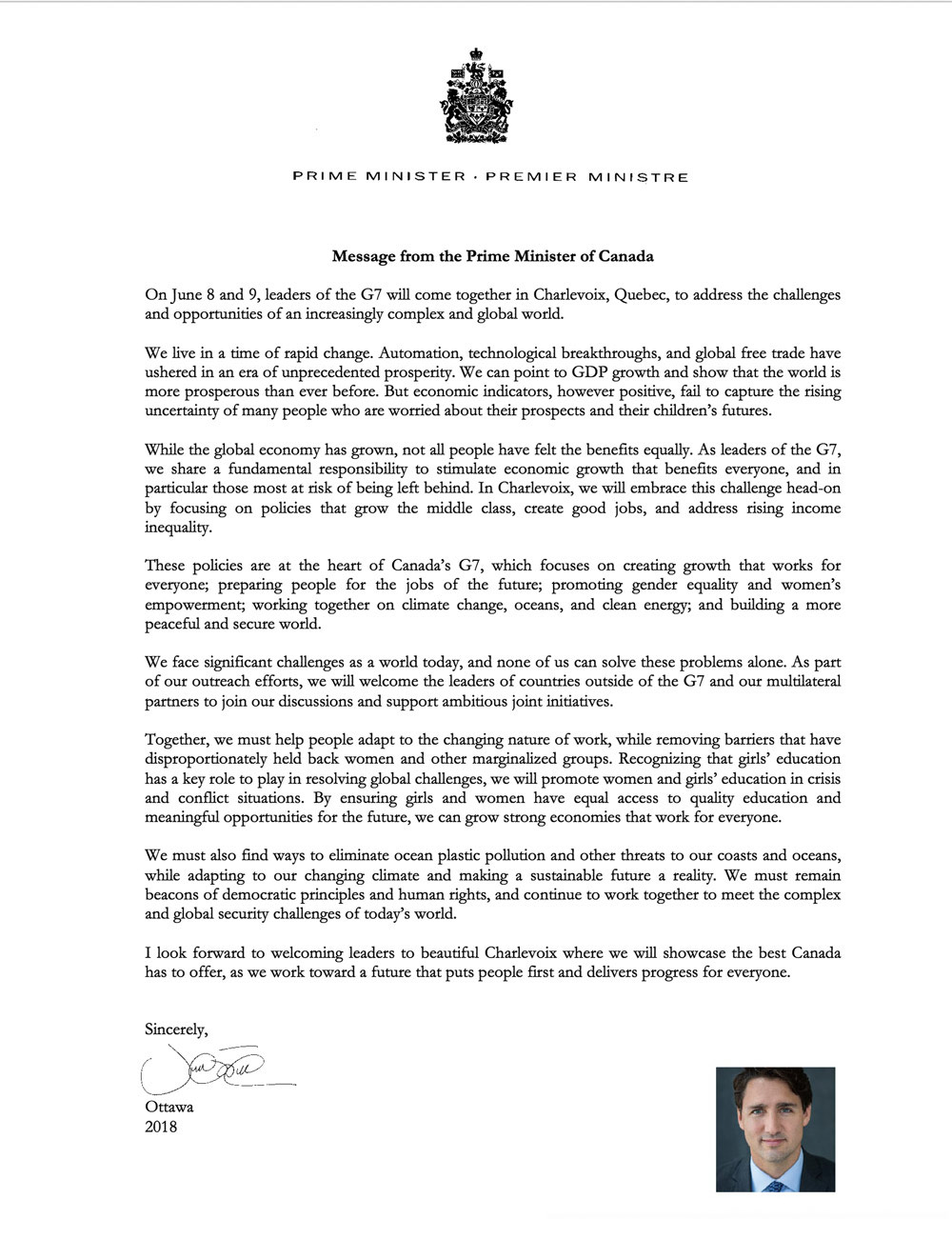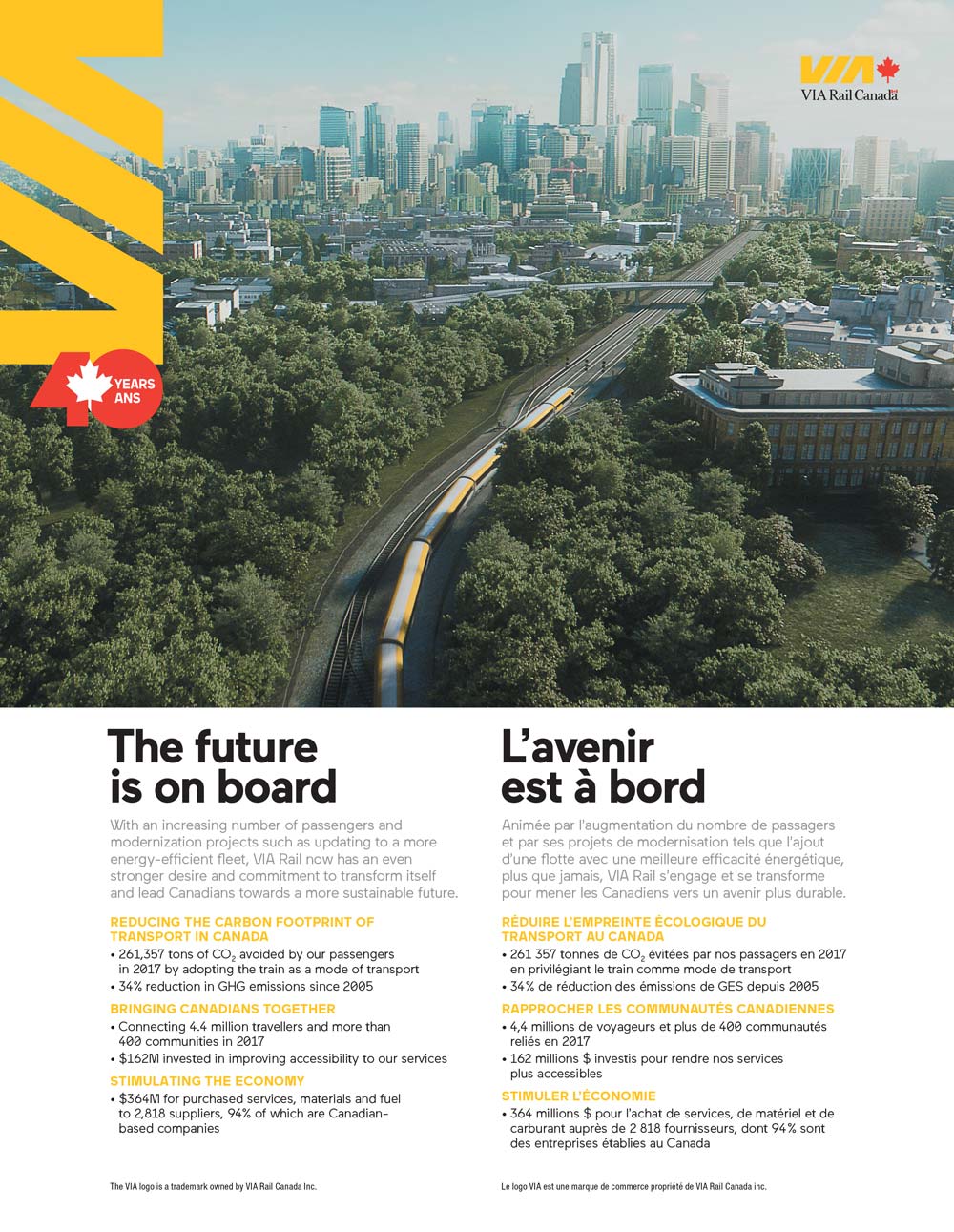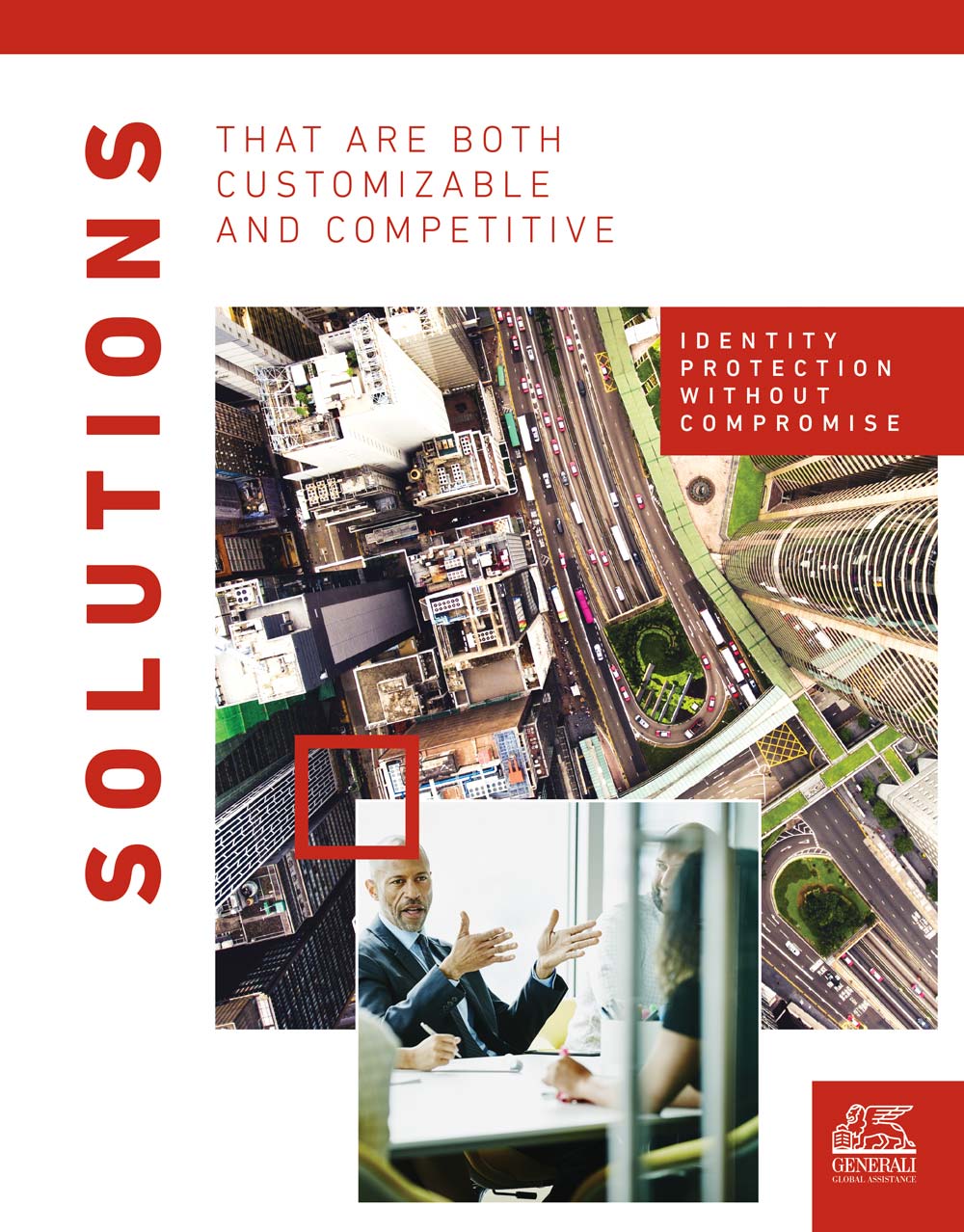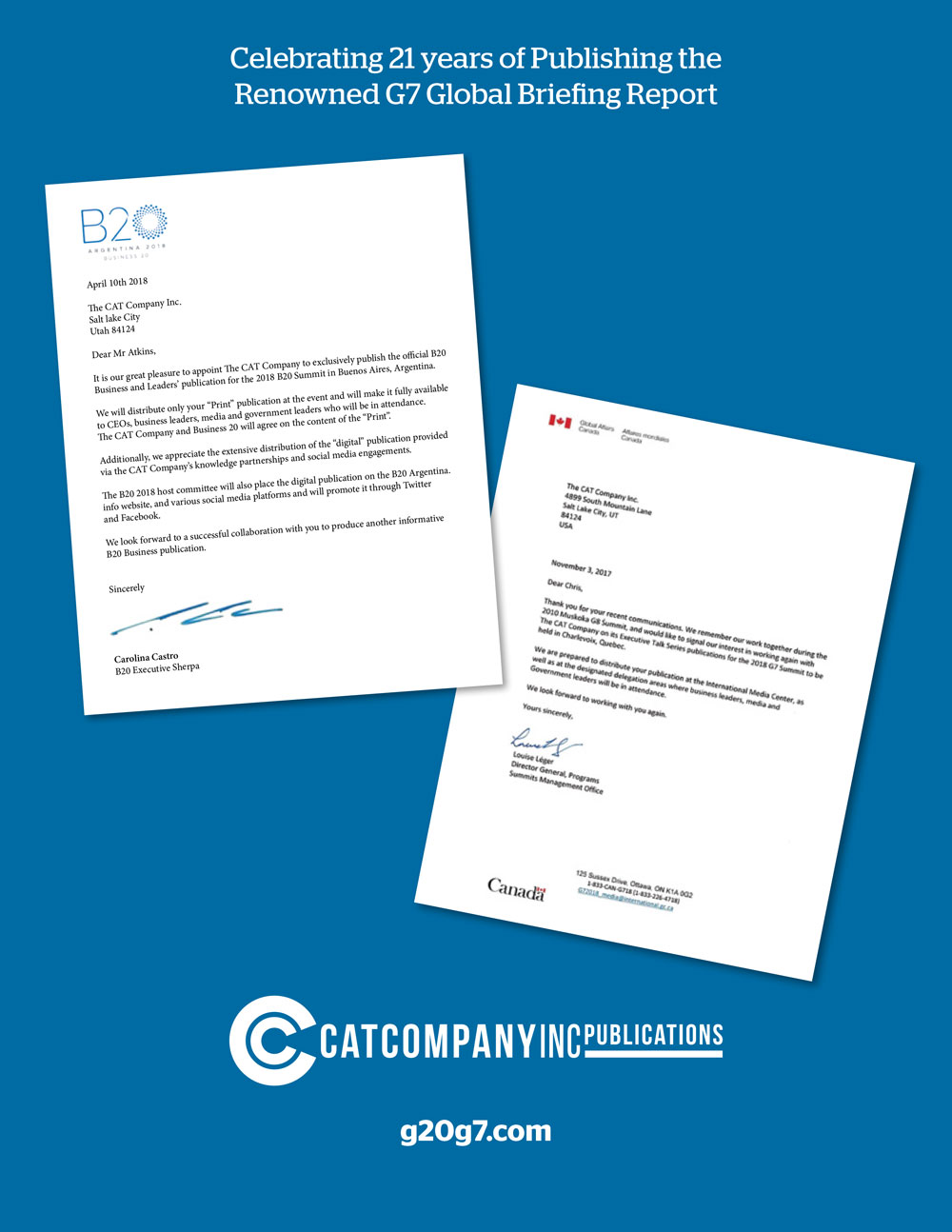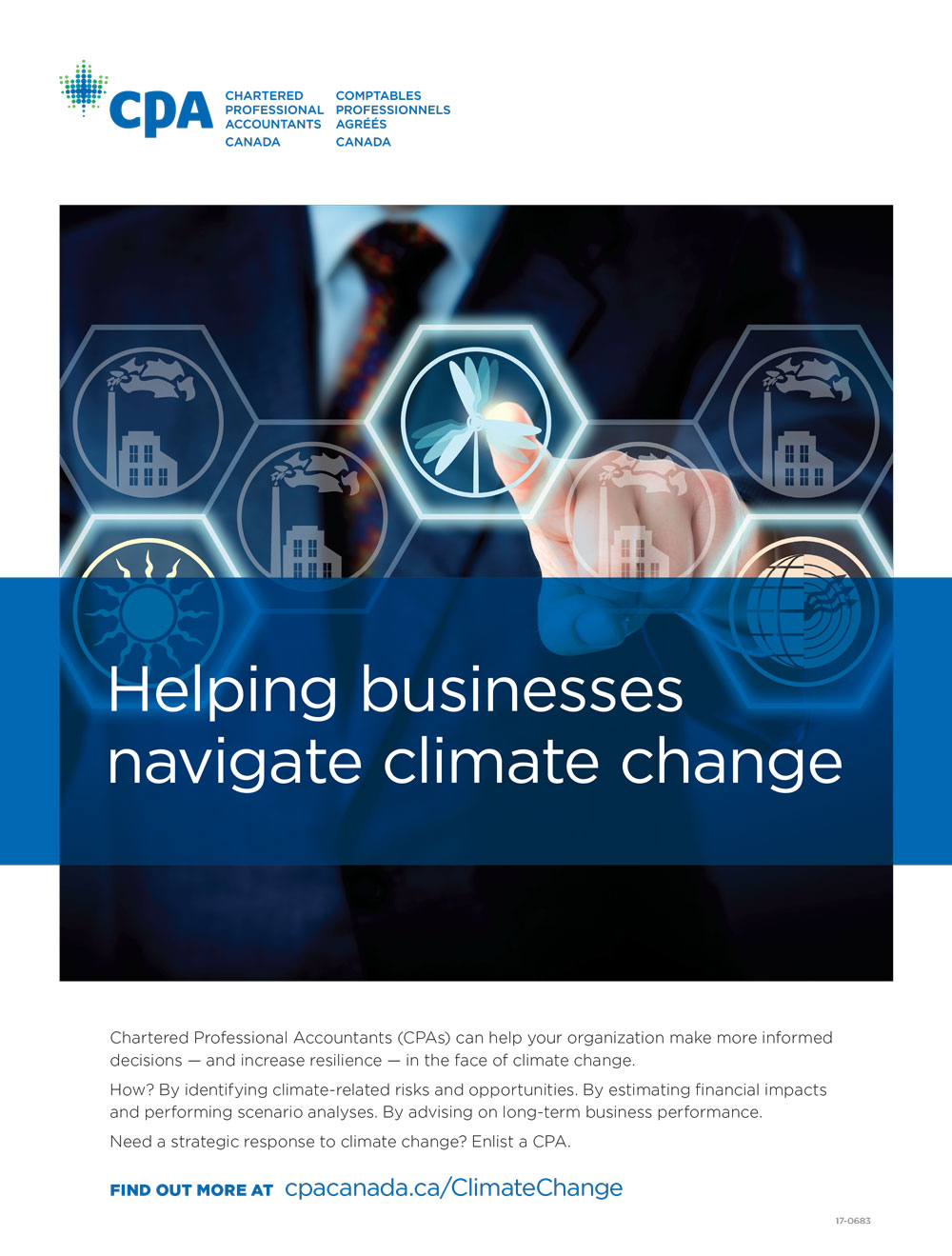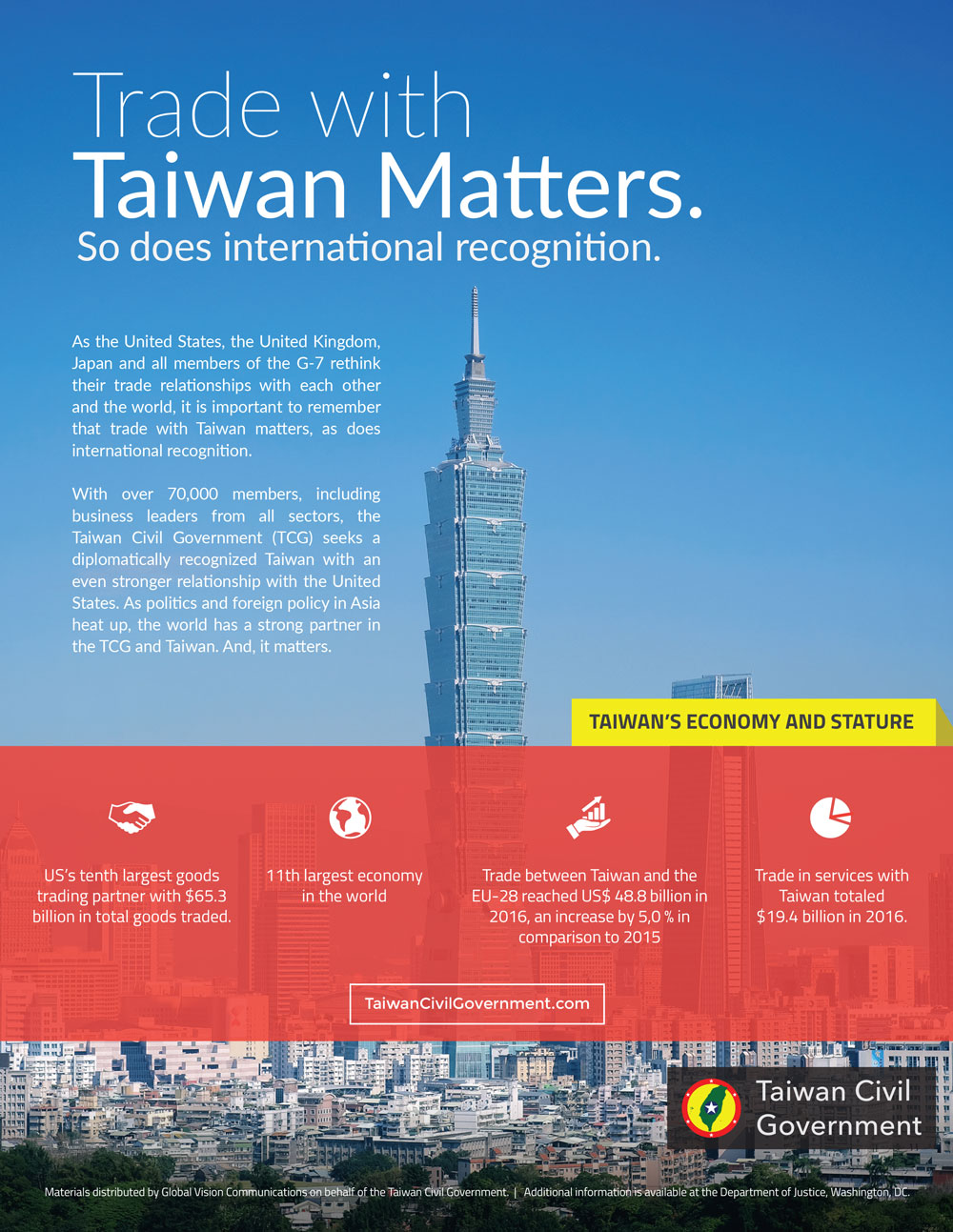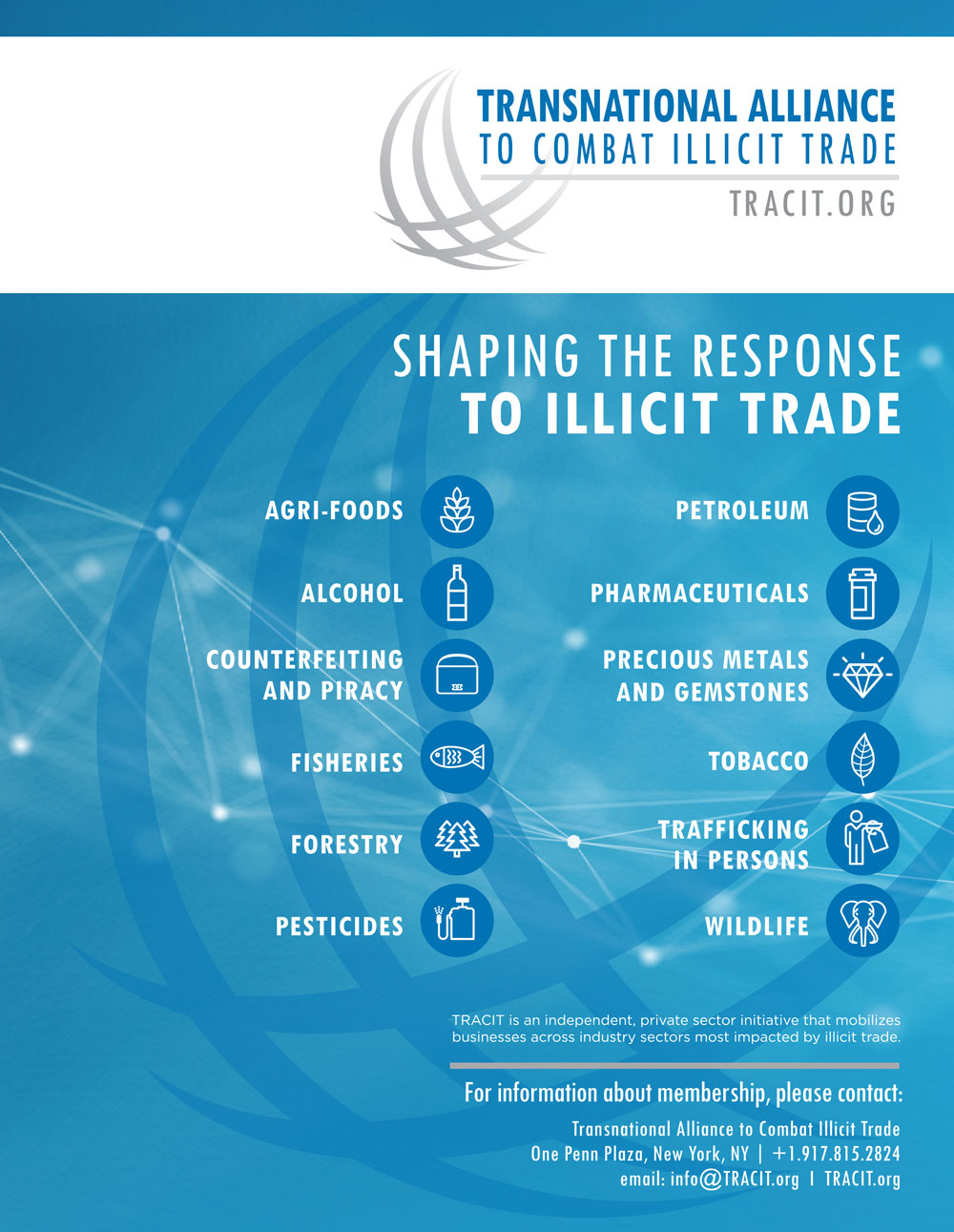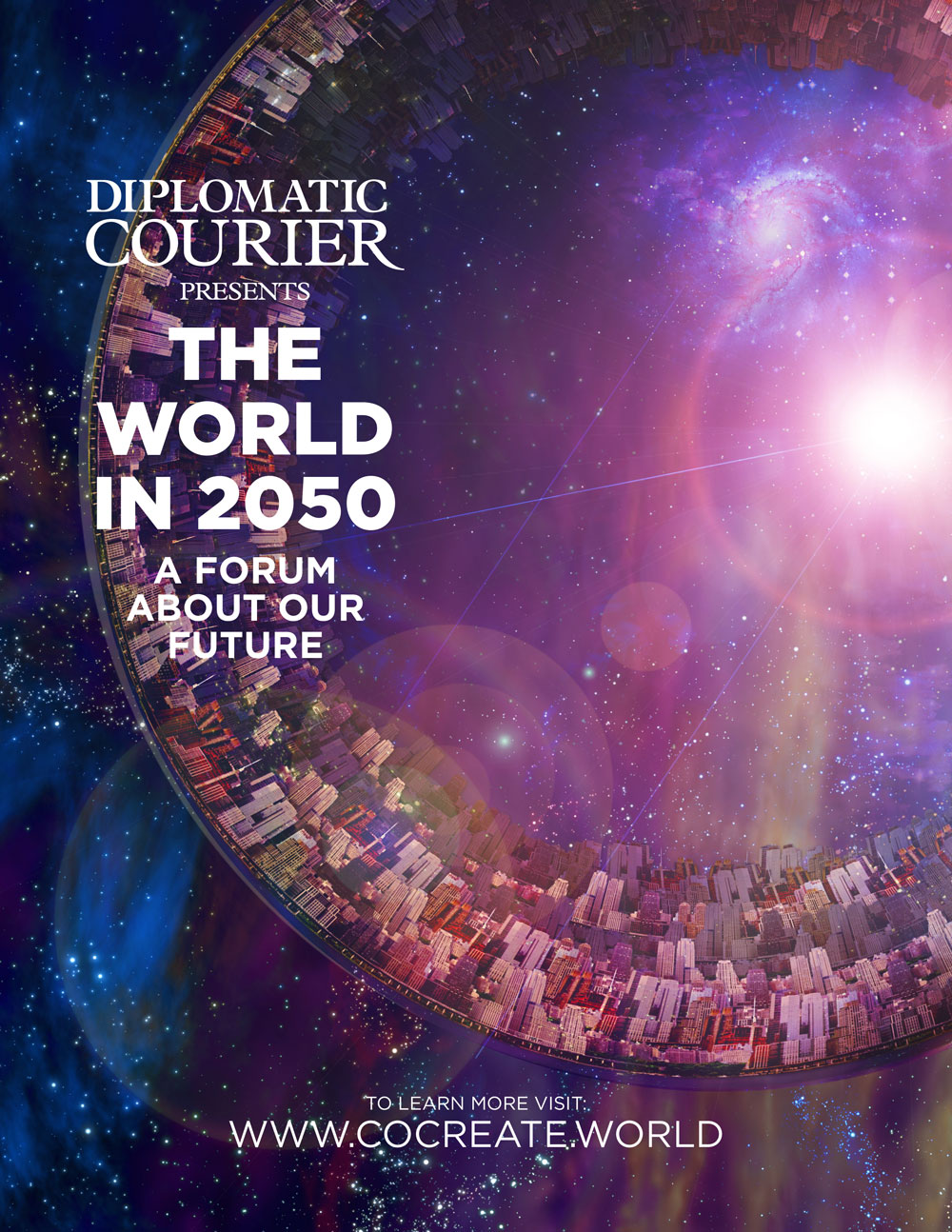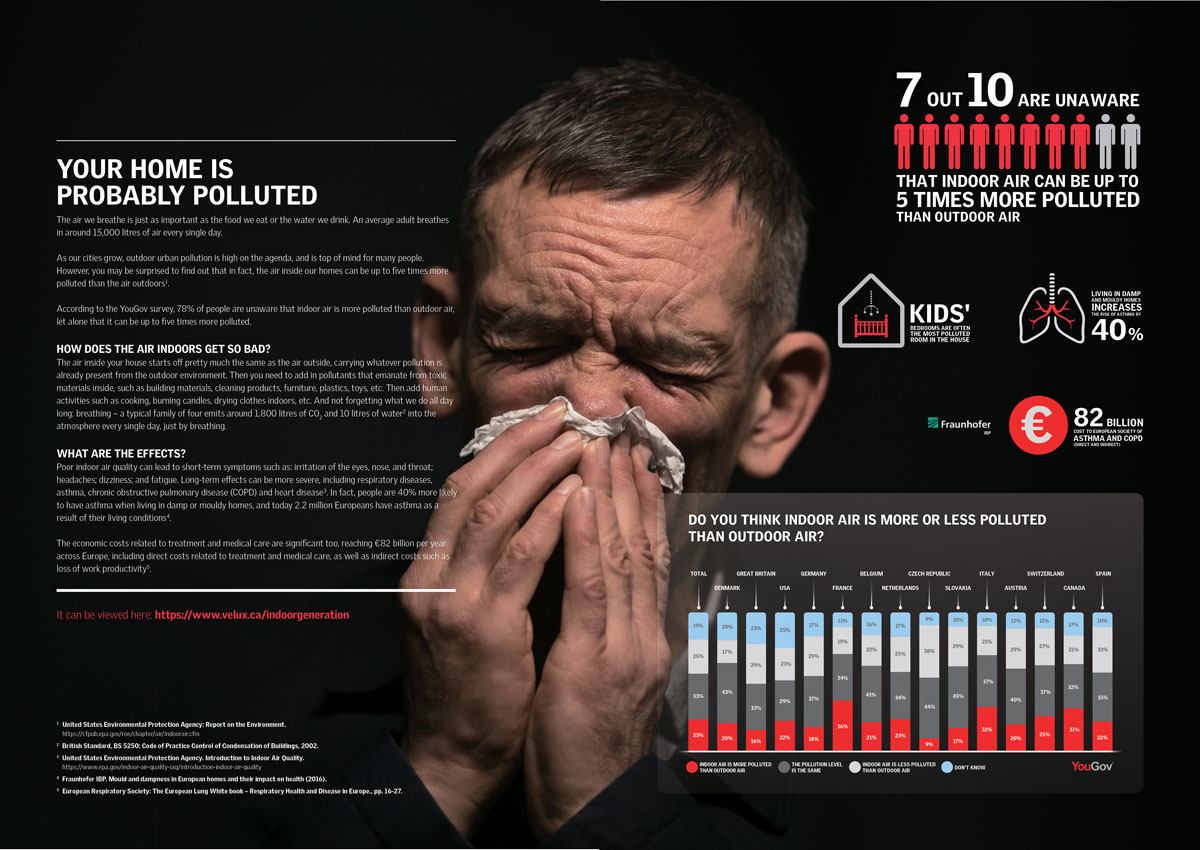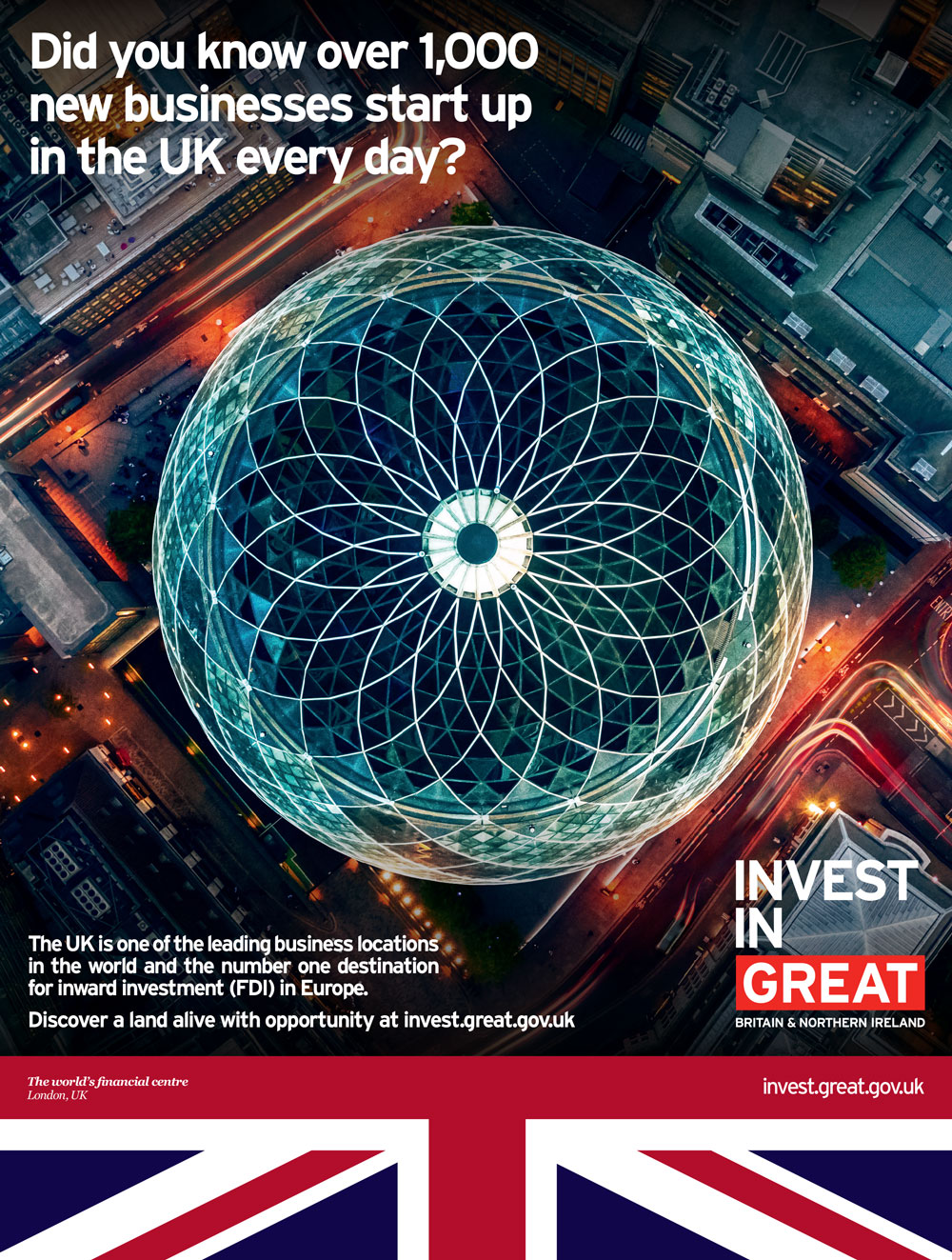Contents
Features
28 / How Climate Change Has Destroyed Belize’s Coral Reefs and Economy
By Jacqueline Christ
34 / The World Is Dangerously Unprepared for the Rise of “Superbugs”
By Emily Foecke Munden
58 / How Blockchain Technology is Changing the Game of Illicit Finance
By Amanda H. Zeidan
60 / Empowering Women through the WiSTEM2D Initiative: A Public Private Partnership
By Dr. Carol O’Donnell
64 / Artificial Intelligence: The Miracle and the Menace
By L. Y. Pratt
66 / Machine Militaries: The Future of Artificial Intelligence and National Security
By Caysie Myers
72 / Reshaping Diplomacy for the Digital Age
By Ana C. Rold
86 / One of Cybersecurity’s Most Alarming Breaches: A Lack of Women
By Heather Stratford
92 / Will the U.S. Miss the EV Revolution?
By Caroline Holmund
94 / Governing the Ascent of Artificial Intelligence
By Winona Roylance
96 / The Dangers of Using State-Sanctioned Hackers
By Sean McGuffin
102 / Challenges of Digitization and How to Master Them
By Carsten Lexa
104 / Partnering for Solutions in Peace and Security
By Jessica Berns and Stacey Connaughton
106 / Taking Shortcuts in the Red Queen’s Science Race
By Simon Wahl, Gerd Folkers and Claude Garcia
132 / The Next Chapter for Venezuela
By Bailey Piazza
Branded Stories
Advertisers Index


Publisher:
Chris Atkins
catkins@thecatcompanyinc.com
001-801-7835120 (ext 200)
Editor-in-Chief:
Ana C. Rold
editors@diplomaticourier.org
Creative Director:
Christian Gilliam
christian@cgcreate.co.uk
T: (+44) 7951 722265
Publishing Firm:
The CAT Company, Inc.
CEO & Founder:
Chris Atkins
President of EMEA:
Tyrone Eastman
Sales Executives:
Ray Baker
Veronique Madsen
Phil Cook
Anthony Leigh Jones

G7 Executive Talk Series

Branded Story / AkzoNobel
Authored by: Pamela Phua
Smart Facades for a Sustainable Future
What are some of the most pressing challenges that we face today?
According to the United Nations (UN) Chronicle, energy consumption and pollution are two critical issues faced by urban communities, which account for half of the humanity or 3.5 billion people. About 60 to 80 % of the world’s energy, which is a dominant contributor to climate change, is consumed by cities. The air quality in cities has deteriorated to such an alarming level that about 92% of the world’s population breathe unsafe air and more than 7 million die annually, according to World Health Organization (WHO).
G7 Executive Talk Series
Official Letter
G7 Executive Talk Series
Lettre officielle
G20 Executive Talk Series
Welcome

Jacques Lévesque
General Manager, Tourisme Charlevoix

Tourisme Charlevoix is proud that the 2018 G7 Summit is taking place in its region. This event holds global significance and will bring substantial benefits to Charlevoix. It represents a golden opportunity to showcase Charlevoix as a destination with a fascinating history, from the effects of an ancient meteorite’s impact to the region’s 200-year legacy as a major vacation hotspot.
When it comes to welcoming guests, Charlevoix’s know-how and traditions date back generations, to when the Manoir Richelieu first became a destination for well-heeled North American travellers. Even U.S President William Howard Taft was fond of the region, describing it as “like drinking champagne without the morning headache.” Once again, we are laying out the red carpet for world leaders, our legendary hospitality on full display.
G7 Executive Talk Series

Branded Story / Charlevoix
Welcome to
Charlevoix!
Welcome to
Charlevoix!
© Tourisme Charlevoix, Steve Deschênes
Charlevoix is like no place else on earth, with its breathtaking mountain vistas, unique natural habitats and fascinating history that is intimately linked with the majestic St. Lawrence River. Boasting an exceptional terroir, the region’s charming villages are home to a people with a singular fondness for the good life. Everything sets Charlevoix apart – even its climate! From sea to taiga, an extraordinary experience awaits you at the heart of the Charlevoix Biosphere Reserve.
G20 Executive Talk Series
Welcome / Bienvenue
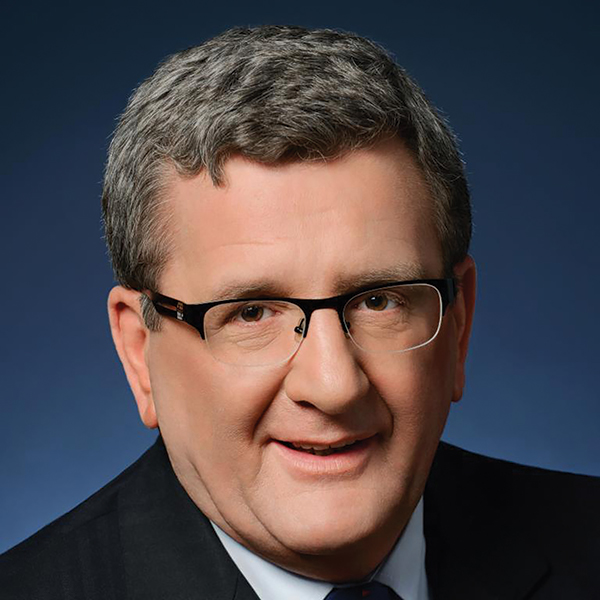
Régis Labeaume
Mayor of Québec City
Maire de Québec

It is with tremendous pride that I welcome you to Québec City on the occasion of the G7 Summit that is being held in our beautiful region.
The cradle of French-speaking civilization in North America, and a world heritage treasure, our city will provide you with a setting conducive to dialogue and reflection throughout this prestigious gathering.
A Word from the Premier / Mot du PM

Philippe Couillard
Premier of Quebec
Premier ministre du Québec
Now that Canada is chairing the G7, it is a pleasure for Québec to welcome the leaders of the member countries and the guests, as well as their delegations, to La Malbaie, at the heart of the Charlevoix region. During the Summit, you will have the opportunity to discover the attractions and the breathtaking landscapes of Québec as well as the vitality and dynamic nature of its economy.
Over the past few years, our economic situation has progressed considerably. We have nearly reached full employment, and our GDP grew by two points between 2015 and 2017. The growth of our hourly wage is at one of the highest levels in Canada, particularly among women. This favourable situation can be attributed, on the one hand, to our priority of maintaining balanced public finances and for controlling the public debt, and on the other, to our ability to stimulate innovation and investment in all our regions. Owing to this context, we have the means to better assist our children in moving toward success, and to better train them in order that we may be sure of filling the jobs of the future, with a view to sustainable development.
G20 Executive Talk Series
Branded Story / VIA Rail Canada
Leading Canadians Towards a More Sustainable Future
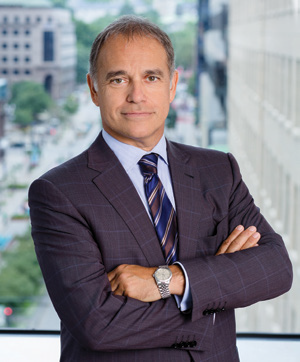
Reinventing intercity passenger transportation in Canada for the good of the economy, the population and the environment—such is the challenge of our transformation at VIA Rail and the basis of our vision to be a smarter way to move people. Our growth, particularly in recent years, shows that conditions are now more than ever in our favour to meet this challenge. And, as always, our dedicated employees are the architects.
More and more Canadians are seeing the value of passenger rail service as an accessible alternative to their cars and are making the wise choice to travel by train. The sustained growth of ridership across all our routes, which nears 16% since 2014, is clear proof of this. And our transformation and renewal plan aimed at leading Canadians towards a more sustainable future is progressing. Thanks to funding from the Government of Canada, the renovation of our current fleet and the acquisition of a new fleet of modern trains for the busiest corridor are a reality, and the studies and analyses for construction of dedicated passenger rail tracks, which we call High Frequency Rail (HFR), are underway.
G20 Executive Talk Series
June 2018
Editor’s Note

Ana C. Rold
Editor-in-Chief
Dear Reader,
It has been exactly eight years since we were in Canada for a G Summit. In 2010, our team covered two back to-back important events: the G8 Summit in Muskoka and the G20 Summit in Toronto.
At the time, a commentator for our publication described the end of the G8 Muskoka Summit as such: “The Muskoka G8 Summit is likely to be the last G8, a victim of the financial crisis and a global shift eastward as the G20 becomes the premier global economic forum.” A bold prediction, given that the G8 had been a mega event attracting more than 5,000 members of the media, civil society, and business leaders. And hundreds of thousands of activists. The end of the G8 did come, but not quite how it was predicted. It wasn’t usurped by the even larger G20, but rather renamed for the ousting of one of its members, Russia, four years later.
G20 Executive Talk Series
June 2018
Publisher’s Note

Chris Atkins
Publisher and Founder Cat Company, Inc.

Dear Reader
It has been exactly 21 years since CAT Company produced the very first G7 Summit publication. In 1997, our work earned us the trust of the host government and since then we have been honored to be the go-to publisher and consultant for host governments of the G7 and the G20 Summits for 21 years in a row. For over two decades our company’s own history and legacy is tied to these most important of global leadership gatherings.
As we reflect on the past two decades and more, I wish to express my heartfelt thanks to the Canadian G7 Host Committee as well as the Canadian government for their collaboration. This is the third time that our team is working with Canada to produce a world-class publication for the G7 Summit and we are very proud and grateful for our association with the Host Committee. And we are most grateful for the acknowledgment the CAT Company and our online platform G20G7.com has received.
G20 Executive Talk Series
B20 Summit Argentina 2018
The Business Community Works on Recommendations for the G20
Several years have passed since the Business 20 (B20) community gathered for the first time in order to make an assessment and provide the G20 leaders with constructive, consistent and effective policy proposals. Although various recommendations and constructive policies have been set forth, the world’s main economic and social problems remain an unresolved challenge.
The B20 group has not only become a beacon for innovative and clear views on how these challenges may be approached; it also plays a crucial role in building resilience and advocacy within G20 communities.
G7 Executive Talk Series
Climate Change
Authored by: Jacqueline Christ
How Climate Change Has Destroyed Belize’s Coral Reefs and Economy
Over the course of just four years, the second largest barrier reef system in the world has endured severe damage that could jeopardize its existence in the future.
Over the course of just four years, the second largest barrier reef system in the world has endured severe damage that could jeopardize its existence in the future. The Mesoamerican Barrier Reef, which is located between the Yucatan Peninsula from Mexico to Belize, holds both a sublime coral reefs and a fragile coral reef system. Due to elevated temperatures, caused by climate change, much of the reef environments have been transformed from vibrant to dull as massive coral bleaching has devastated the reef’s wildlife. Particularly in Belize, bleaching has become extremely severe, according to a recent report from the World Heritage Organization. Within the Belize barrier reef system, the bleaching stress level catapulted from a 1.7 level between 1985-2014 to a 3 severe level in 2014-2017. Given the fact that bleaching nearly doubled within three years, Belize is under serious threat. The Belize coral reef system not only is a global beauty; it also fuels Belize’s tourism industry. Without the reefs, Belize’s economy could crumble.
G7 Executive Talk Series

Branded Story / CPA Canada
Building
Trust through
Climate Action
Trust forms the bedrock of our society and economy. It is essential for rational discourse and evidence-based decision-making in the public interest. With the proliferation of fake news, media distrust and increased demands for transparency, public and private sector institutions need to focus on building and maintaining trust with their stakeholders.
During Canada’s 2018 G7 Presidency, Canada has an opportunity to build trust and lead on a number of themes through the lens of climate change. An inclusive and just transition to a resilient low-carbon economy requires investing in growth that works for everyone and preparing for jobs of the future. Combatting climate change can create new economic opportunities and jobs for Canadians if efforts are supported by thoughtful and well-informed policies that consider a broad range of stakeholders.
G7 Executive Talk Series
Global Health
Authored by: Emily Foecke Munden
The World Is Dangerously Unprepared for the Rise of “Superbugs”
Approximately 700,000 people per year die from drug-resistant infections, or “superbugs.” That number could rise to 10 million deaths annually by 2050 if nothing is done.
Approximately 700,000 people per year die from drug-resistant infections, or “superbugs.” That number could rise to 10 million deaths annually by 2050 if nothing is done.
Microbiologists estimate that approximately 700,000 people per year die from drug-resistant infections, or “superbugs.” That number could rise to 10 million deaths annually—more people than currently die each year from cancer—by 2050 if nothing is done.
Just last month, the transnational spread of a superbug strain of malaria through Southeast Asia was reported in the Lancet Infectious Diseases journal. Ominously, the Lancet reports that the main malaria parasite along the border of Cambodia and Thailand has become resistant to almost all cures.
G20 Executive Talk Series
Branded Story / International Trademark Association
Governments and Business Need to Work Together to Support Trademarks
Trademarks play a crucial role in today’s globalized economy, as businesses increasingly trade across borders, marketers become more sophisticated in the ways in which they communicate, and consumers grow more aware of brands. In fact, trademarks are the most popular form of intellectual property (IP) rights worldwide: According to the most recent figures compiled by the World Intellectual Property Organization (WIPO) and published in World Intellectual Property Indicators 2017, there were an estimated seven million trademark applications filed worldwide in 2016, an increase of 16.3 percent compared to the previous year and 300 percent more than the number filed in 2001 The total number of active trademark registrations around the world exceeded 39 million in 2016.
G7 Executive Talk Series
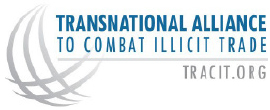
Branded Story / TRACIT
Authored by: Louis Bonnier
Illicit trade:
A Global Threat to
Development, Economic
Growth and Security
Illicit trade is a major and growing policy challenge worldwide. From smuggling, counterfeiting and tax evasion, to the illegal sale or possession of goods, services, humans and wildlife, governments are losing billions in tax revenues, legitimate businesses are undermined, and consumers are exposed to poorly made and unregulated products.
The World Economic Forum estimated the value of illicit trade and transnational criminal activities at 8% to 15% of global GDP in 2014.1 With estimations of various illicit activities running upward of $3 trillion; these figures rival the GDP of some G7 countries.2
G7 Executive Talk Series

Branded Story / The Ungasan Clifftop Resort
The Ungasan Clifftop Resort:
Exclusivity Up High
Impressively perched high up on the cliffs of Bali’s Bukit peninsula, The Ungasan Clifftop Resort is an exclusive, all-villa destination on the Island of the Gods. A true masterpiece of boundary-pushing design, this cliff-edge resort teeters 50 metres high above the Indian Ocean, fronted by a spectacular collection of architecturally designed villas.
Comprised of 7 five-bedroom villas, The Ungasan is widely recognised as Bali’s most iconic clifftop resort. Panoramic views of vast ocean meet the absolute luxury of The Ungasan’s five-bedroom abodes, where spectacular infinity pools appear to defy gravity as they stretch out toward the distant horizon.
G7 Executive Talk Series
Lead Feature
Women and Finance
Authored by: Ana C. Rold
To Survive, Cryptocurrencies Need to Embrace a Female Future
Despite promising growth cryptocurrency is experiencing many issues the technology sector has already struggled with for years—the gender gap.
With blockchain technology set to disrupt both the technological and economic world in major ways, cryptocurrency—with Bitcoin leading the pack—may very well become the catalyst by which the digital world transforms real world markets. In fact, a 16-fold increase in value in the last year alone topping out at over $19,500 per Bitcoin demonstrates the frenzied growth the cryptocurrency sector is currently experiencing. Despite this promising growth, however, cryptocurrency is also experiencing many issues the technology sector has struggled with for years, most specifically—the gender gap.
While Bitcoin users largely remain anonymous, Coin Dance analytics estimates that an overwhelming 95% of users are male, with only 5% female engagement. Why is there such a heavy imbalance between men and women within the cryptocurrency sector? What will happen to the cryptocurrency industry if this gender imbalance continues? And perhaps most importantly, what can be done to attract more women to this important field?
G7 Executive Talk Series

Branded Story / CryptoTradia
Cryptocurrency
Revolution
Cryptocurrency
Revolution
CryptoTradia is a team of dedicated researchers, analysts, traders, writers and technicians, devoted towards keeping up to date with the crypto industry and bringing the best education for crypto tradia members and the crypto world.
Investing in the crypto industry can be very risky. This is what CryptoTradia aims to solve by utilizing the knowledge, wisdom and expertise of a dedicated crypto team.
G7 Executive Talk Series
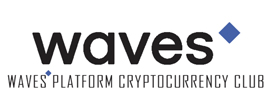
Branded Story / WAVESWORLD
Master Blockchain and Profit in the Waves World Token Distribution
Here at Waves World – Wavesworld.io – we’re passionate users and promoters of Blockchain Technology. We serve as a trusted public mining pool on Waves Platform, also know as a full node. Waves is a premium platform of solutions for storing, trading, managing and issuing digital assets.
It’s easy, decentralized, and secure.
G7 Executive Talk Series
Illicit Finance
Authored by: Amanda H. Zeidan
How Blockchain Technology is Changing the Game of Illicit Finance
To constrict state-sponsored terrorism, states must improve their use of the tools such as blockchain technology that can identify and stop illicit payments.
To constrict state-sponsored terrorism, states must improve their use of the tools developed to identify and stop illicit payments. Fortunately, a regulatory paradigm shift is taking place in the field of financial technology that has the potential to allow states to do just that. Innovations such as blockchain offer an opportunity to verify political will among partners without incurring political costs.
Blockchain is a kind of ledger businesses use to track credits and debits; it serves as a data warehouse of transactions for institutions and companies. In other words, through a series of mathematical formulas, blockchains record who owns what and when. It is the inherent consensus function of a blockchain that creates an agreement among users on order of transactions. In turn, this avoids double-spending and fraud all without needing a third-party, like a bank, to regulate. Notably, in regards to users who don’t trust one another, the distribution of data in a blockchain creates reassurance among regulators and law-enforcement agencies because they allow the instantaneous identification of discrepancies in the record of transactions and verification of users.
G7 Executive Talk Series
Women in STEM
Authored by: Dr. Carol O’Donnell
Empowering Women through the WiSTEM2D Initiative:
A Public Private Partnership
If we want to solve the skills gap in STEM, the public and private sectors across the globe—including governments—have to work together to support women on their path to persist in STEM careers.
This past year I served as an outside advisor on a recently released Pew Research Study. This survey, conducted in 2017 and released in January 2018, used a nationally representative sample from the United States to understand the issues facing women in the science, technology, engineering, and mathematics (STEM) workforce. One of the key findings of the report is that while there has been an increased number of women earning degrees and working in the STEM industry, women and men are often at odds over workplace equity. The perceived inequities are especially common among women in jobs who work mostly with men. In addition, the study showed that women in STEM see more gender disparities at work, especially in computer science jobs, in majority-male workplaces, or in jobs that require post-graduate degrees. Global statistics are similar.
G7 Executive Talk Series
Artificial Intelligence
Authored by: L. Y. Pratt
Artificial Intelligence:
The Miracle and
the Menace
AI’s risks are as large as its potential benefits. How can they be avoided?
Artificial Intelligence (AI) may well be the most powerful technology of the 21st century, helping to solve humanity’s most complex unsolved problems: environmental, social, and more. Yet sceptics believe that AI’s risks are as large as its potential benefits. How can they be avoided? And why isn’t the most powerful technology being used more widely today to solve the world’s greatest “wicked” problems?
G7 Executive Talk Series
AI and National Security
Authored by: Bailey Piazza
Machine Militaries:
The Future of Artificial Intelligence and National Security
With global superpowers forging the path, Artificial Intelligence (AI) is fueling the automated arms race. While still young in its development, AI has transformed the international landscape of security innovation.
With global superpowers forging the path, Artificial Intelligence (AI) is fueling the automated arms race. While still young in its development, AI has transformed the international landscape of security innovation. Russia’s military modernization program triggered heavy investment in the automation of its armed forces. The United States Department of Defense inaugurated the Algorithmic Warfare Cross-Functional Team in April 2017 to advance AI technologies in the software of machine weaponry. China released a “new generation of Artificial Intelligence development plan” detailing the government’s thirteen-year strategy to “become the major Artificial Intelligence innovation center in the world.” It is no secret that AI has changed the course of national security as we know it.
G7 Executive Talk Series
Bitcoin
Authored by: Ana C. Rold
Bitcoin’s Meteoric Rise and the Future of All Industries
The wide variety of applications that blockchain and cryptography possess are endless and ultimately bode well for the future of all industries.
2018 marks nearly ten years since the creation of Bitcoin, the most popular form of cryptocurrency to have emerged from blockchain technologies. While terms like “Bitcoin,” “cryptocurrency” and “blockchain” were once found only in niche cyberpunk communities, the meteoric rise of Bitcoin in the past year—worth less than one thousand dollars at the beginning of 2017 but topping out at nearly $20,000 by the end of December—has led to not only mainstream fervor surrounding the provocative new form of currency, but also legitimate interest from businesses and investors. Worth over $150 billion as of March 2018 (and once worth over $325 billion just a short few months ago), many are convinced the cryptocurrency industry could hold the answer to several of the problems that have plagued financial institutions for decades. But this optimism often leaves out one crucial aspect of Bitcoin: the volatility that comes with the experimental new territory.
G7 Executive Talk Series
Digital Diplomacy
Authored by: Ana C. Rold
Reshaping Diplomacy for the Digital Age
Revolutionary advances in artificial intelligence, virtual and augmented reality and the Internet of Things are beginning to open new avenues into even more interactive public diplomacy campaigns, as well as connect digital diplomacy to the physical realm.
We live in an era of mind-bogglingly easy global connectivity the likes of which has never before been experienced. Thanks to information and communication technologies (ICTs) such as the internet and social media, state leaders and non-state actors are now able to connect with each other, with their citizens, and with people from other countries in a powerful and direct way. This allows for real-time communication and the opening of new dimensions in diplomacy, such as the ability to solve social problems and mediate relations with foreign states. It is easy to see how digital diplomacy as a new discipline—despite the obvious challenges it faces—has revolutionized public discourse in the 21st century. Leaders now talk directly to their people. So, what does this mean for the future of public diplomacy?
G7 Executive Talk Series

Branded Story / Rivetz
Authored by: Louis Bonnier
Cybersecurity:
Success Within Reach
As the G7 leaders gather to exchange ideas, how to protect democracy and their citizens from cyber attacks will certainly be a hot topic. Governments around the world need to protect national secrets while safeguarding the personal data of their vast workforces. For instance, the U.S. Department of Defense has 3.2 million employees–making it the largest employer in the world.
When it comes to cybersecurity, there have been far more failures than successes to date.
The U.S. government fell victim to the largest data breach in the country’s history not so long ago. The Office of Personnel Management is, more or less, the human resources department for the federal government, as they oversee the legal details of hiring, promotions, benefits and pensions for millions.
G7 Executive Talk Series
Branded Story / TCG
Authored by: Neil Hare
Taiwan Matters:
The G7 Must Consider International Recognition, Increased Trade
As all members of the G7 rethink and contemplate their trade relationships with each other and the world, it is important to remember that Taiwan matters, and should be prominently considered for enhanced commerce
and international recognition.
As the United States, the United Kingdom, Japan and all members of the G7 rethink and contemplate their trade relationships with each other and the world, it is important to remember that Taiwan matters, and should be prominently considered for enhanced commerce and international recognition.
The Asian region is a focal point for many top issues in the world today, most notably perhaps the denuclearization of North Korea, and the upcoming talks between U.S. President Donald Trump and Korean leader Kim Jong Un. Furthermore, almost everything in the region is seen through the lens of the Chinese and their role in negotiations with Pyongyang, as well as their trade relationship with the United States.
G7 Executive Talk Series
Cybersecurity and Women
Authored by: Heather Stratford
One of Cybersecurity’s Most Alarming Breaches:
A Lack of Women
The world is changing for both men and women and yet women are underrepresented in this critical area of our new economy.
The world is changing at an alarming rate because of rapid advancements in technology. And because technology is so powerful and pervasive, cybersecurity is an essential part of this new world. The world is changing for both men and women and yet women are underrepresented in this critical area of our new economy.
The global economy is struggling under the cost of cybercrime, which reached $450 billion in 2017. Meanwhile, the shortage of trained cybersecurity professionals continues to grow because of increased demand and a skills-gap.
G7 Executive Talk Series
European Union
Authored by: Corey Cooper
How Proposals for Reforming the European Union Could Backfire
Paris, Berlin, and Brussels all agree that the European Union needs to work faster and smarter if it is to tackle present and future challenges. However, these political forces are not enough to drive reform in today’s European Union. In fact, they might make matters worse.
Paris, Berlin, and Brussels all agree that the European Union needs to work faster and smarter if it is to tackle present and future challenges. French President Emmanuel Macron has effectively made reforming the European Union his raison d’être. But he is not waging this endeavor alone, having joined forces with German Chancellor Angela Merkel, who is finally coming out of grueling coalition talks, and European Commission President Jean-Claude Junker, who is as idealistic as ever in the final year of his term. This troika would typically be the perfect amalgamation for transforming the European Union, as was the case when François Mitterrand, Helmut Kohl, and Jacques Delors pushed the European project to some of its greatest feats. However, these political forces are not enough to drive reform in today’s European Union.
In fact, they might make matters worse.
G7 Executive Talk Series
Electric Vehicles
Authored by: Caroline Holmund
Will the U.S. Miss the EV Revolution?
It’s clear that demand for EVs will only increase in the coming years, marking a fundamental shift in the global market.
In 2017, more than half of new cars sold in Norway were electric or hybrid, making it the first country globally to reach this landmark. In total, 52.1% of the new car sales in the country met these requirements, up from 40.2% a year earlier. While a historic moment for the fight against fossil fuels, don’t hold your breath for more countries to follow anytime soon. Oslo used careful market manipulation to achieve this goal. While Norway is one of the most expensive places in the world to purchase a new car, incentives and large tax breaks for Electric Vehicles (EVs)—such as not paying import tax and VAT and parking for free—have made them a no brainer for many consumers.
G7 Executive Talk Series
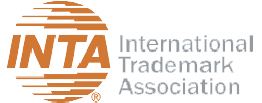
Artificial Intelligence
Authored by: Winona Roylance
Governing the Ascent of Artificial Intelligence
At the recent IMF/World Bank Spring Meetings Editor-in-Chief Ana C. Rold interviewed world expert Nicolas Economou, Chief Executive of H5, on the governance of AI and the framework by which societies should delegate decisions to machines in an effort to mitigate the impact of risks as we move forward.
As the Fourth Industrial Revolution continues to see technology advance at unprecedented rates, it can be argued that it is artificial intelligence that is moving at the fastest pace—and perhaps with the most promise. Indeed, while artificial intelligence seems like a technology of the distant future, it is in fact already disrupting every facet of life, from law to warfare to the very concept of what it means to be human. At the recent IMF/World Bank Spring Meetings—specifically, the IMF’s New Economy Forum—Nicolas Economou, Chairman and Chief Executive of H5, argued that due to the rapid transformations artificial intelligence is beginning to create, it is absolutely critical that we begin discussing the governance of AI and the framework by which societies should delegate decisions to machines in an effort to mitigate the impact of risks as we move forward—lest we begin to see the beginnings of a dystopian-like future. Moderated by Diplomatic Courier’s own Ana C. Rold, here are the key takeaways.
G7 Executive Talk Series
Cybersecurity
Authored by: Sean McGuffin
The Dangers of Using State-Sanctioned Hackers
Government cooperation with cybercriminals is a reality we are already living with and one that is extremely dangerous for international norms.
The string of large-scale data breaches in recent years—from Yahoo to Equifax—demonstrates the alarming threat posed by cyber-crime and espionage; a threat made all the more serious when considering the election interference in France and the United States. Yet, while it’s generally understood that both criminals and foreign intelligence agencies carry out attacks such as these, there is something that is less known: the ways in which these two groups have begun working together, and how dangerous it would be to allow this precedent to set.
G7 Executive Talk Series
Branded Story / Liechtenstein Bankers Association
Authored by: Simon Tribelhorn
A New Era: More Digital and More Sustainable
Digitalisation and sustainability are currently dominating public debate and will transform the landscape in financial services matters dramatically. We are clearly at the beginning of a new wave of globalisation where cooperation across industries, generations and physical borders will be key in order to overcome the challenges at stake.
Digitalisation is one of the hottest topics nowadays for politicians, the media, companies and the general public. Customers are used to long data availability at all times. Their needs have completely changed as the new digital world has emerged. Already in the past, technology has been a key driver in the financial services sector for decades but digitalization based on new technologies such as cloud computing, big data analytics, artificial intelligence (AI), Distributed Ledger Technology (DLT) including blockchain, offers new dimensions and opportunities that could foster radical change in the financial sector. It is universally agreed that digitalisation will revolutionize the finance world, breaking up value chains and totally altering business models.
G7 Executive Talk Series
Digitization
Authored by: Carsten Lexa
Challenges of Digitization
and How to Master Them
The changes coming in the next two decades are unstoppable. What will help us navigate and own the future will be our positive attitude in accepting and owning the innovations that will transform every industry that touches our society.
Needless to say, digitization will completely change the way we live. These changes will confront us all—nations, businesses, people—with tremendous challenges. How can we master these challenges? Let’s first have a look at a few areas that will change dramatically and then explore the mindset that is needed to master the challenges.
Owning a car is no longer important
Let’s first look at the area “Mobility/Transport”. For many people, owning a car is extremely important and a car is a very valuable asset. Or at least it has been for so many years.
G7 Executive Talk Series
Peace & Security
Authored by: Jessica Berns and Stacey Connaughton
Partnering for Solutions in Peace and Security
The economic impact of violence containment on the world economy is $9.46 trillion per year, equaling almost 11 percent of World GDP. Here is the G7 can help change that.
The G7 Summit’s priorities this year include: “Building a more peaceful and secure world. As the nature of conflict changes, it’s more important than ever to reach out to our partners and build solutions that can deliver lasting peace.” Just how great are the human and economic costs of violent conflict? According to the Institute for Economics and Peace, the economic impact of violence containment on the world economy is $9.46 trillion per year, equaling almost 11 percent of World GDP.
How can G7 focus their resources to effectively “reach out to our partners and build solutions that can deliver lasting peace”?
G7 Executive Talk Series
The Science Race
Authored by: Simon Wahl, Gerd Folkers and Claude Garcia
Taking Shortcuts in the Red Queen’s Science Race
Academia should be the place that fosters the exploration of nature and allows for critical introspection.
It seems the rules of the Red Queen hold true also for the academic community. As students, we try to collect credits as efficiently as possible and cram our CVs with extracurricular experiences. As researchers, always worried about our impact factor, we must publish and review faster than our colleagues publish and review. In short, it takes all the running you can do just to stay in the same place. We seem to be willing to pay the price of running as fast as we can, to hyper-compete – a state that presents a strong incentive for circumventing procedures – to achieve faster results. The unfortunate side effect is insidious. Even in good faith, running can prompt academics to take cognitive shortcuts, gravitating toward the most obvious explanations and leaving the limits of their understanding unquestioned. Thinking critically requires time and energy—a step that could be abandoned under increased pressure. In executing proper science, shortcuts can be dangerous.
G7 Executive Talk Series
Science and the SDGs
Authored by: Dr. Carol O’Donnell
Science Education, Identity, and Civic Engagement:
Empowering Youth through the UN Sustainable Development Goals
Schools around the world are facing similar challenges of increased urban migration, digital divides, and unsatisfactory teacher training; meanwhile, there is an explosion of scientific knowledge and exponential shifts in career paths, which demand that schools prepare students to be scientifically literate. Globalization indicates that the problems of one country affect everyone; therefore, educating all children to be responsive to the issues of the day is critical. As Emmanuel Nnandozie, of the African Capacity Building Foundation (PAS, 2015) notes, “real transformation will not happen unless countries give real priorities to STEM” education. A powerful and sustained implementation of inquiry based science education (IBSE) teamed with civic learning and social emotional learning (SEL) can help students focus on the issues of critical importance, such as climate change, the health of the world’s oceans, and clean energy, while examining each issue from multiple perspectives. Educating youth about complex socio-scientific issues will help to inoculate young people and their teachers and parents against societal and health problems that can adversely affect their lives.
G7 Executive Talk Series

Branded Story / Generali Global Assistance
Data Globalization Gives New Meaning to the Ever-Evolving Identity Theft Threat
A Review of the Evolution of the Identity Protection Industry
It’s 2003, and the United States Federal Trade Commission (FTC) has just released some scary findings about this new crime called identity theft. There’s not much you can do to prevent it, and its effects are alarming – the FTC reports that the average victim in the U.S. spends about $1,200 and 60 hours trying to fix their identity theft issue.1 At this time, almost any type of identity theft protection or prevention service is solely focused on credit or data monitoring – which, as we know today, is just a single component in safeguarding one’s identity. Indeed, the concept of identity theft was still in its infancy in the U.S., and, at a global level, it was barely being discussed.

G7 Executive Talk Series
Freedom of Speech
Authored by: Greg Lebedev
An Epidemic of Intolerance:
Global Threats to Freedom of Expression
The 2015 attacks on Charlie Hebdo in Paris and a free speech meeting at a Danish café are unfortunate memories that we’d like to forget. But, what we hopefully learned and will not forget is that these events were more than just another horrific example of Islamic terror. They were a reminder of an epidemic that continues to spread throughout the world; a reminder of an “epidemic of intolerance” that cannot and should not be ignored.
Groups or ideologies or governments regularly don’t like stuff that other people think or say and they are very good at finding ways to suppress it. Their intolerance is creative, it can be subtle, it is certainly relentless, and make no mistake, their intolerance is a threat to our core belief in free speech.
G7 Executive Talk Series
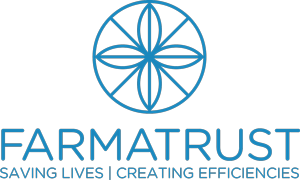
Branded Story / FarmaTrust
Combating Counterfeit Pharmaceuticals
According to a recent PWC report, up to 30% of all drugs in circulation are fake, leading to around a million deaths annually, including 450,000, preventable deaths from malaria alone. Tragically, unjustly, the counterfeit drugs industry has to a degree, been able to go unchallenged and is now said to be worth $200 Billion pa. Whilst some of those 450,000 deaths can be attributed directly to the toxic ingredients (such as rat poison, floor wax, industrial chemicals and the like) used to produce counterfeit drugs. We have found many more are a result of substandard drugs being sold to unsuspecting consumers, with little to no active ingredients present in drugs, which would otherwise have saved the consumers from preventable or curable diseases. This callous force, which all too often can go untraced, knowing no boarders, must be stopped in its tracks.
G7 Executive Talk Series

Branded Story / VELUX
Future Generation of Canadians Face Health Risk from Life Indoors
- New indoor generation spend 90% of time indoors
- Indoor air can be up to five times more polluted than outside but 53% are unaware according to YouGov survey
- Children’s bedrooms are often most polluted rooms in the house
- New report by VELUX examines importance of daylight and fresh air to health
Living in damp and mouldy homes increases our chance of asthma by 40% and unless we act now we risk endangering our health as a result.
A new 24/7 indoor generation is unaware that the air inside our homes and public buildings can be more polluted than outside, with the vast majority of people in Canada (53%) believing indoor air quality is no better than or cleaner than that found outside. In fact, it can be up to five times more polluted.
G7 Executive Talk Series
Africa
Authored by: Uju Okoye
What Does the Fall of Mugabe Mean for Africa’s Other Strongmen?
Could the fall of Mugabe signal the beginning of the end of the era of African strongmen? Here’s a closer look at the continent’s other de facto dictators presiding over nationseager for change.
Zimbabwean President Robert Mugabe’s ousting after 37 years in power in the recent coup-that-wasn’t-a-coup is the third time last year that one of the continent’s strongmen has unexpectedly left office.
Last August, Angola’s José Eduardo dos Santos stepped down after a 38-year stint as president. And in January, soon after troops from the regional bloc ECOWAS moved into the Gambia, President Yahya Jammeh relinquished control after having refused to accept the results of the previous month’s elections. He’d had a good inning, though, having clung to his seat for 22 years.
Could this signal the beginning of the end of the era of African strongmen? In the short term, to be sure, it is likely that these despots and aspiring autocrats will tighten their stranglehold on the nations they rule in an effort to prevent themselves from suffering the same fate as Mugabe. But in the long term, the writing is on the wall. Here’s a closer look at the continent’s other de facto dictators presiding over nations eager for change…
G7 Executive Talk Series
Venezuela
Authored by: Bailey Piazza
The Next Chapter for Venezuela
With each volatile move Maduro makes, the once-democratic Venezuela plummets further into political and humanitarian crisis.
With each volatile move Maduro makes, the once democratic Venezuela plummets further into political and humanitarian crisis. It is clear that Venezuela’s ruling socialist President Nicolas Maduro is extending his reach of power in order to consolidate complete political control. His suspected meddling claimed victories in last week’s mayoral elections and October’s gubernatorial elections. He also recently installed top military generals to executive positions in Venezuela’s state-owned oil company PDVSA, which generates the government’s main source of revenue. Now, President Maduro has locked eyes on 2018 elections. Planning to win by all means necessary, Maduro has banned the opposition parties from participating in next year’s presidential election. Maduro’s political agenda is not as concerned with encroaching economic failure as it is with consolidating a de jure dictatorship in Venezuela.
G7 Executive Talk Series
Human Trafficking
Authored by: Coby Jones
Modern Slavery Goes Beyond the Libya Slave Trade
In the CNN video from Libya, the primary victims of the slave trade are men. Most often though, this process doesn’t happen on an auction block, there are no bids, and the victims are usually women.
TThe auctioneer calls, “Does anybody need a digger? This is a digger, a big strong man, he’ll dig. What am I bid, what am I bid?”
The auctioneer is selling a man, a slave, and that man’s bid goes for $400.
The CNN footage of the slave trade in Libya has shocked the world. For some, this is the first time the reality of modern day slavery has entered their conception of the world and confronting it is horrifying.
The reality is the slave trade is alive and well all over the world, not just in Libya. Human beings are bought and sold and forced into slavery every day. A report by the International Labour Office (ILO) and the Walk Free Foundation estimates that 40.3 million men, women, and children were victims of modern day slavery in 2016.
G7 Executive Talk Series
Free Trade
Authored by: Dr Liam Fox, Secretary of State for International Trade
A Route to Global Prosperity
As Secretary of State for International Trade, I’m often asked what the benefits of free trade are for the UK and for our global partners. I tell them that free trade has the power to drive growth, jobs and opportunities both at home and overseas.
Equally important, however, is the power free trade has as an essential tool in the global fight against extreme poverty and the worldwide goal of the ending developing nations’ reliance on aid. The UK can, and does, consider this our obligation and our trade policy reflects this.
This has become an essential aspect of the UK’s approach.
A joint report by the OECD, ILO, World Bank, and the WTO shows that that per capita income grew more than three times faster for developing countries that lowered trade barriers than for other developing countries that did not.
G7 Executive Talk Series

Branded Story / Mandala
Authored by: Bridget Vandenbosch
Cryptocurrency Mass Adoption Through Regulation

The introduction of bitcoin has taken one of technology’s most novel innovations and delivered to the world an entirely new method of data propagation and value transference. Blockchain is streamlining the way societies create, store and verify data and transactions. With the power to further globalization, blockchain adds new layers of data security, accuracy and speed, creating opportunities for new efficiencies across economies, businesses and industries.
G7 Executive Talk Series
GCEL

Achieving Real Economic Integration
Today we witness millions of Small and Medium Enterprises (SMEs) pursuing their passion, nurturing the craftsmanship of their employees, and building close relationships with customers. These SMEs support families and provide nearly 60 percent of global employment. As the backbone of our global economy, SMEs face numerous challenges, from the continuous battle to stay competitive, comply with regulatory requirements, secure finance, manage operational and trade costs as well as selling products to new markets – the obstacles are many. Yet, given the challenges for these businesses to produce even the simplest of products, it is a wonder they survive in today’s competitive environment.
Therefore, if we are to build our economic base throughout the world, we have a duty to support our SMEs with innovative policies and tools to ensure their prosperity.
G7 Executive Talk Series
GCEL


A New Era of Trade Finance
As noted by Dr. Donald Johnston, the importance of SMEs’ contribution to economic growth should not be underestimated. It is imperative to ensure that the world’s SMEs have access to the credit they deserve to expand their business. Increasing the inclusion of SMEs in global value chains (GVCs) was highlighted at the 2017 G20 Germany Leaders’ Summit and remains an objective we must continue to pursue.
However, can you imagine then that among our financial institutions throughout the world, many of them are letting go of their SME customers since they find that it is too expensive to continue doing business with them?
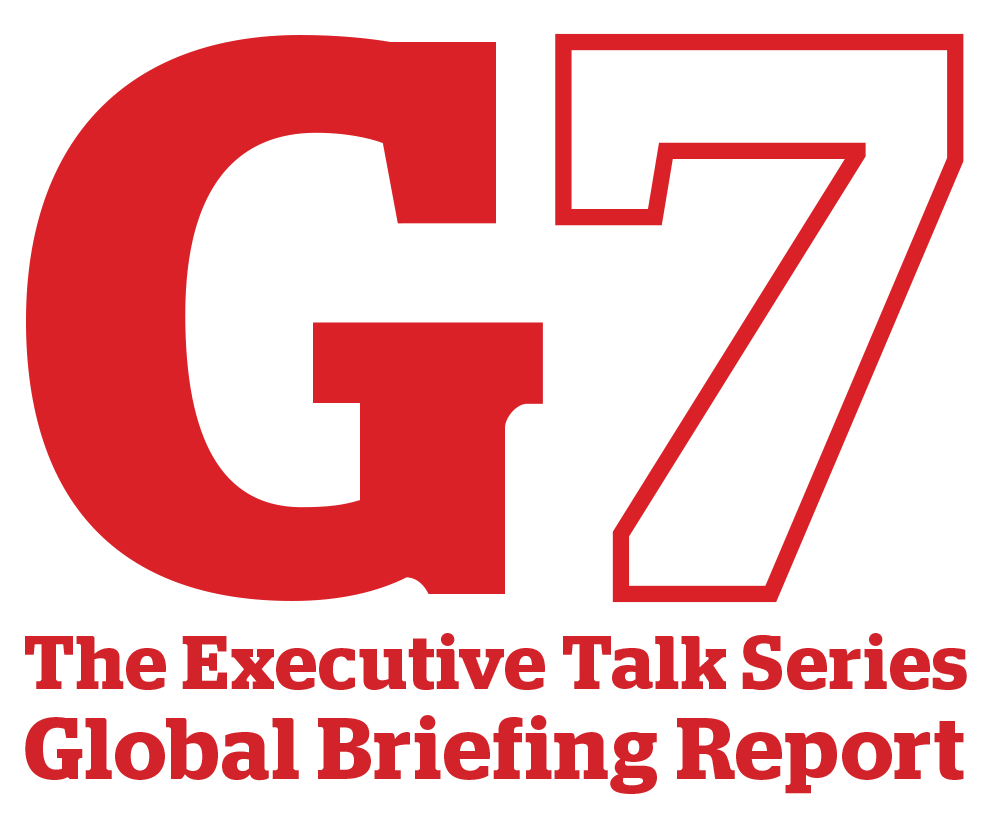
Thanks for reading our June 2018 Issue!





